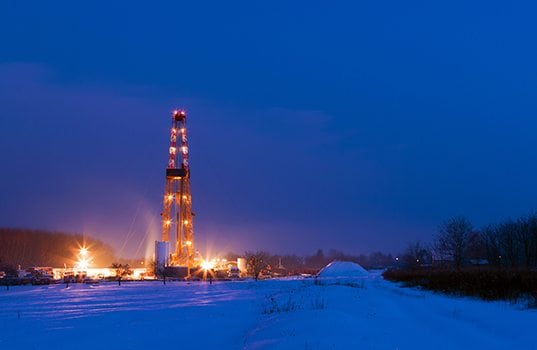The Colorado Petroleum Council issued the following statement from Executive Director Tracee Bentley in addition to testimony opposing House Bill 1355 that would effectively bypass scientific expertise and remove oversight by the Colorado Oil and Gas Conservation Commission (COGCC). The bill conflicts with Colorado’s safe, efficient development of natural resources and could jeopardize further job creation while increasing costs for local governments.
“This is a bad bill for Colorado that could damage the state’s recovering economy and consumers who rely on abundant and affordable energy. This extreme proposal could raise energy costs, destroy high-paying Colorado jobs and does not represent the majority of Coloradans who support oil and natural gas development. “For decades, oil and natural gas operators and the Colorado public have relied on the technical expertise and resources of the COGCC with respect to geology, hydrology, and human health and the environment. The COGCC oversees participation and input from all stakeholders with expertise and interest in Colorado’s oil and natural gas resources.
“Operators have relied on statewide consistency of the COGCC’s rules. In addition to weakening scientific and safety expertise, this bill would force companies to contend with a patchwork of 64 different sets of county and countless municipal siting rules, which in turn could further shrink local energy development while driving jobs and investment out of Colorado.”
The Colorado Petroleum Council is opposed to HB 1355 for the following reasons:
- The core issue addressed by the bill – county and municipal government authority to zone, regulate and restrict the siting of oil and gas facilities – is currently being considered by the Colorado Supreme Court in two separate appeals brought by Longmont and Fort Collins. Decisions in these cases are expected soon. At a minimum, the legislature should refrain from acting until these cases are decided in order to minimize confusion and conserve legislative resources that could be better directed once the Court has definitively ruled on these issues.
- Notwithstanding the premature attempt to turn COGCC authority under the Oil and Gas Conservation Act on its head, the bill will clearly invite local ordinances that are in tension with the state’s continuing interests in protection of land and mineral owners’ rights, prevention of waste, and efficient development of natural resources. Such ordinances will spawn even more litigation and costs for local government.
- If local ordinances authorized under this legislation affect currently producing wells or executed leases, localities could also be exposed to regulatory takings litigation.
- For decades, the public and oil and gas operators have relied on the technical expertise and resources of the COGCC with respect to geology, hydrology, and human health and the environment. By turning the critical issue of siting back to local governments, the bill imperils safety and environmental protection across the state.
- Similarly, operators have relied on statewide consistency of COGCC rules. This bill would force companies to contend with a patchwork of 64 different sets of county and countless municipal siting rules, which in turn will drive jobs and investment out of state.
- The bill seems to permit exclusionary zoning schemes (i.e., bans and moratoria on oil and gas development), which Colorado courts, including the Supreme Court, have consistently struck down as applied to oil and gas development for over twenty years.
- Other producing states that have recently considered this issue, including Ohio, Texas and West Virginia, have rejected plenary local zoning authority over oil and gas wells. Only one state has embraced total local exclusionary zoning authority – New York – where natural gas development is effectively banned.








